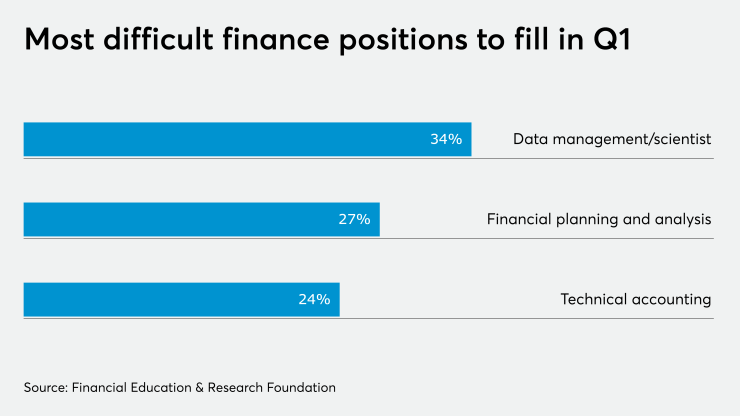Financial executives are taking a two-phase approach to managing coronavirus issues that face their companies, according to a new survey.
The
The near-term phase of the pandemic has prompted many organizations to move rapidly to digital transformation by allowing remote work on a massive scale by their employees. That gives them a major opportunity to redefine how their companies will function after the pandemic. Survey respondents indicated their organizations are at different phases in their digital transformation to the work-from-home environment.
Many respondents indicated their companies will invest more in remote work and start to think about how to provide better remote functionality for segments of the workforce who don’t traditionally work from home. Seventy percent of the respondents are sure that work-from-home or travel policies will change in the long term in response to the mandatory stay-at-home or shelter-in-place orders issued by government leaders. The changes will come in two phases: near-term, in reaction to the current health crisis and stringent quarantine restrictions, and long-term, based on the economic downturn.
Travel will now be evaluated mainly by how it fits into a company’s overall business strategy. Organizations are planning strict policy reviews around common activities such as client meetings, staff meetings and conferences to decide whether in-person attendance as opposed to remote attendance will be justified moving forward.
Senior finance executives are also focusing on capital preservation. One-third (33 percent) of the survey respondents indicated their organization’s working capital has decreased in the first quarter of the year, although nearly a third (32 percent) said their working capital actually increased, while 35 percent said their working capital has stayed the same. Given the expected duration and severity of the downturn, working capital can be expected to decline while companies take significant measures to preserve capital. The impacts could be evident in delaying or canceling planned investments while trimming corporate payrolls, among other cash-saving measures.
While 46 percent of the survey respondents indicated they’re trying to decrease their company’s headcount, 16 percent are actually looking to increase it. Attracting and retaining talent is still a top issue for financial executives.
The recent change in the economic climate has shifted the balance of power from the professional to the organization as a result of the millions of layoffs and furloughs in April. But companies still need high-skilled finance professionals to help them deal with the dire economic conditions.
In Q1, the top three most difficult finance positions to fill were:
- Data management/scientist (34 percent);
- Financial planning and analysis (27 percent);
- Technical accounting (24 percent).
Regulatory specialists weren’t included on the list as these roles traditionally have been easier to fill, according to the survey respondents. However, given the complexities of the nascent CARES Act along with other regulatory changes, hiring and retaining a regulatory professional is likely to become a higher priority in the second quarter. These regulatory changes underscore the expanding requirements for finance leaders.

Survey respondents indicated that the current environment will probably affect the hiring process itself. Economic conditions, sick leave and social distancing measures could lengthen the hiring process and make onboarding much-needed talent more challenging.
The survey breaks down the information by region, based on results from members of various FEI chapters around the country. FEI and FERF plan to update the survey on a quarterly basis.
“Our initial intent for the Quarterly Priorities Survey was to provide financial professionals with a timely snapshot of how their industry progresses by spotlighting areas of importance by region,” said Andrej Suskavcevic, president and CEO of Financial Executives International and Financial Education & Research Foundation, in a statement Thursday. “Given the pandemic has since thrust us into unprecedented circumstances, we now believe that this report can become an invaluable way to analyze the health, strategic recovery and creative evolution of our business communities. Ultimately, we envision the survey becoming a tool for financial executives to use to best determine how to mitigate this complex economic environment.”




